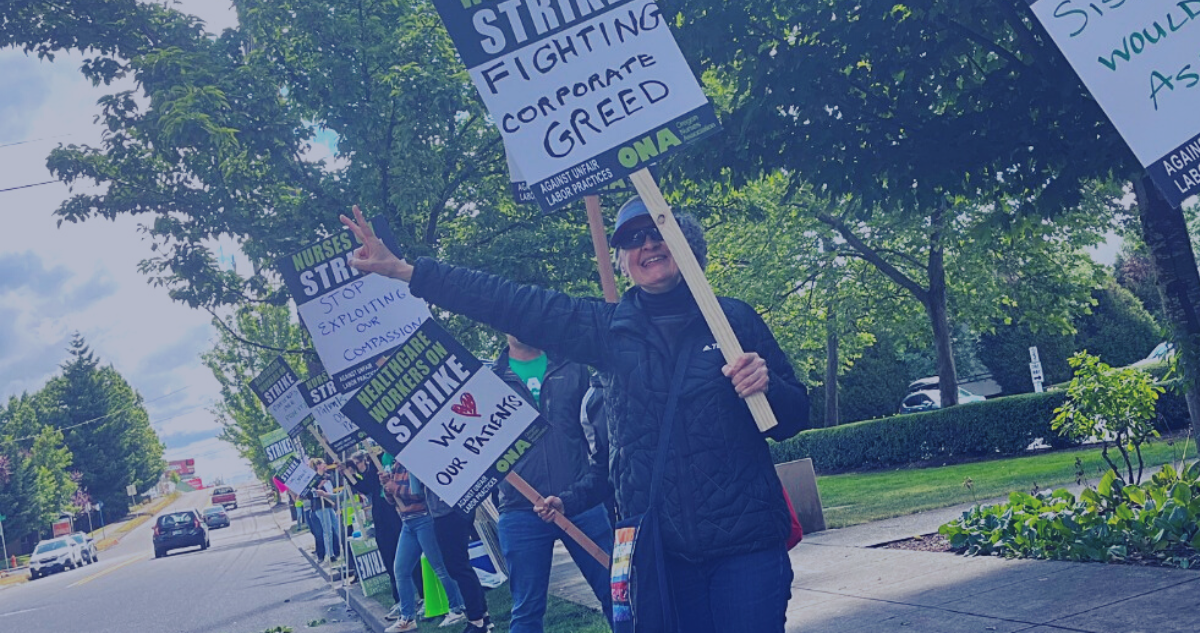[This commentary first appeared in the Statesman-Journal. The original can be found here]
Oregon’s economy outshines that of most states in the nation – not by one, but by several measures. That’s why it was disappointing to read Oregon Congressman Kurt Schrader’s recent comments disparaging Oregon’s friendliness toward business and seemingly rejecting proposals to raise the minimum wage.
Rather than worry about a non-issue like Oregon’s friendliness toward business, Rep. Schrader would do better to focus on Oregon’s most serious economic problems: economic insecurity and income inequality.
One way of measuring the health of Oregon’s economy is to consider economic growth. How does Oregon do in that regard? Over the last 13 years, Oregon’s economy has grown nearly three times faster than the national economy.
Next, how many states in the nation have had faster economic growth than Oregon over the least 13 years? Only one: North Dakota.
And in how many states have workers increased their productivity at a faster rate than workers in Oregon? Again, over the least 13 years, only workers in one other state.
Consider also the State Entrepreneurship Index, compiled by researchers at the University of Nebraska. The index tracks measures such as growth in employer establishments, business formation rate, patents per thousand persons and average proprietor income. Oregon ranked ninth in 2013, the most recent ranking, up from the year before. That’s a friendly reminder that Oregon is friendly to business.
Of course, some people (wrongly, it must be stressed) consider taxes to be an important measure of a state’s attitude toward business. Even if one believes taxes matter, the fact is that even corporate-funded studies conclude that Oregon has low business taxes. For example, the Council on State Taxation, a lobbying arm of large corporations, finds that Oregon has the nation’s lowest “total effective business tax rate.”
Oregon’s overall economy is doing fine, but too many working families are not.
The gains from Oregon’s stellar economic growth are flowing to a relative few at the top. Income inequality stands at historic highs. While Oregon’s wealthiest 1 percent have seen their income soar over the past few decades, the typical (median) Oregonian is earning less today than in 1980, when you adjust for inflation.
Seven out of 10 Oregon families with children living in poverty have at least one parent who works. For a number of these families, even full-time work is not enough to pull them above the woefully low threshold that is the federal definition of poverty. That’s why increasing the minimum wage is so critical.
Economic insecurity is by no means an affliction of the poor. Many of today’s middle class families live paycheck-to-paycheck, barely able to keep up with housing, childcare and other basic family expenses.
Increasing economic security and reducing income inequality are Oregon’s great challenges. And in that respect, a more robust minimum wage – contrary to Rep. Schrader’s view – is an important step in the right direction.
Oregon’s economy is doing well according to a number of key indicators. It is the economic struggles of working families that ought to command the fullest attention of our elected leaders.
Chuck Sheketoff of Silverton is executive director of the Oregon Center for Public Policy. He can be reached at csheketoff@ocpp.org.








